
Around two-thirds of voters say Trump has not lived up to their expectations on the economy and the cost of living, according to the new NBC News poll.
Democrats have an early lead in next year’s battle for control of Congress amid an ongoing government shutdown, as more voters say President Donald Trump has not lived up to their expectations on several major issues that propelled him back to the White House in 2024, according to a new national NBC News poll.

Around two-thirds of registered voters say the Trump administration has fallen short on the economy and the cost of living, and a majority say he’s fallen short on changing business as usual in Washington. At the same time, the Democratic Party continues to suffer from low ratings from voters as it seeks to offer an alternative.
Meanwhile, protecting democracy and constitutional rights is a top issue to voters, alongside costs, as Trump continues an expansive agenda of executive actions on immigration and other key policy areas. And a majority of voters believe he’s done more to undermine the Constitution than defend it.
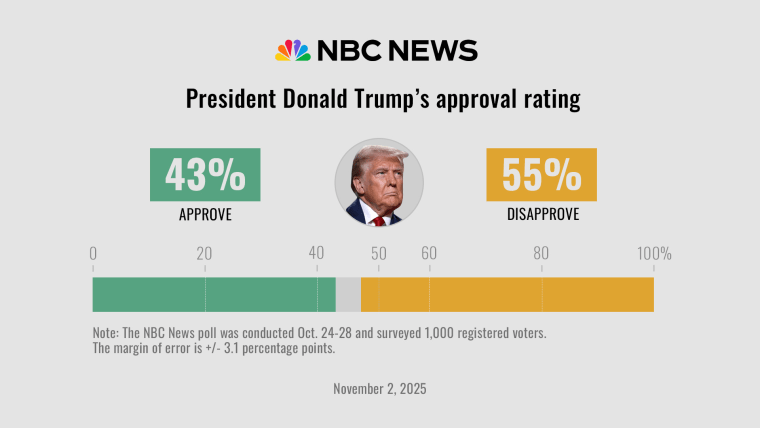
The president’s overall approval rating in the survey sits at 43%, a 4-point decrease since March, while 55% disapprove of his job performance.
And one year before the 2026 midterm elections, Democrats lead Republicans in the fight for Congress by 8 points, 50%-42%, the largest lead for either party on the congressional ballot in the NBC News poll since the 2018 midterms. Democrats had a negligible 1-point edge, 48%-47%, in the March survey.
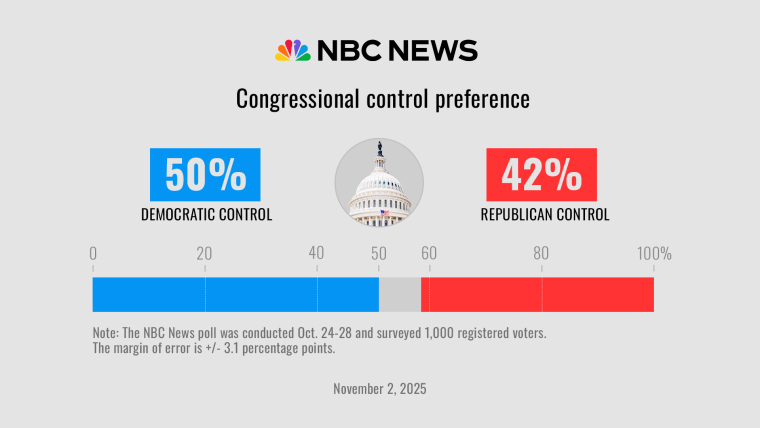
“We will learn a lot in just a few days’ time in New Jersey and Virginia, among other elections, and what impact these results may have on the government shutdown,” said Democratic pollster Jeff Horwitt of Hart Research Associates, who conducted the poll along with the Republican pollster Bill McInturff of Public Opinion Strategies.
“What we know is that this is an electorate that remains deeply unhappy with the status quo,” Horwitt said.

Democrats’ lead on the congressional ballot is among the larger advantages they have enjoyed in any public polling in 2025. This poll was conducted Oct. 24-28, with a majority of respondents (52%) blaming Trump and congressional Republicans for the monthslong government shutdown — but historically high numbers blaming congressional Democrats, too (42%).
One key question that has arisen during past government shutdowns is whether the politics of the moment persist throughout an election cycle, once a funding impasse has been resolved.
Shutdowns can produce “unstable” moments in politics, McInturff said. “And in our experience, they tend to fade away,” he continued.
Who do you think is more to blame for the government shutdown?
Has the Trump administration lived up to your expectations or has it fallen short on these issues?
When it comes to each of the following, which party you think would do a better job?
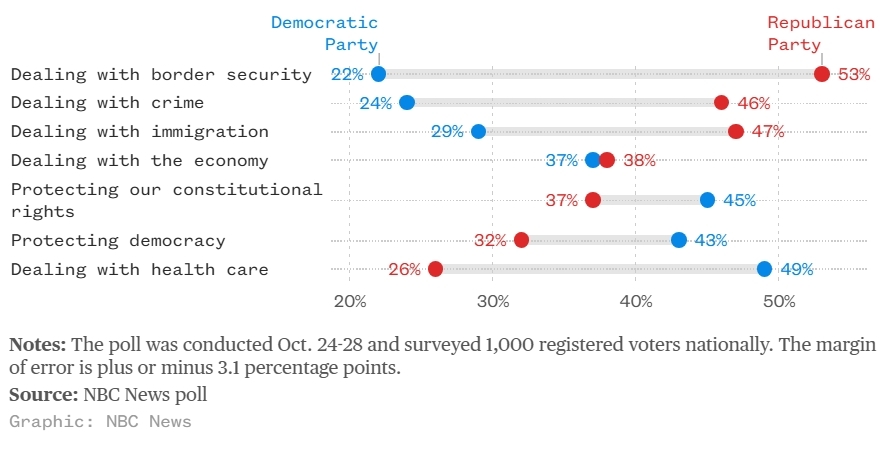
Democrats have an 8-point edge on protecting constitutional rights and an 11-point edge on protecting democracy. That’s a turnaround from 2023, when Republicans had an 8-point lead on the issue of protecting constitutional rights and a 1-point edge on democracy.
And Democrats’ 23-point lead over Republicans on handling health care is tied for their highest mark on the issue since July 2008.
Divides on immigration
While Trump’s Republican Party enjoys significant advantages over Democrats on immigration-related issues, the president’s deportation program — and his administration’s tactics and use of executive power for that program and other goals — have sparked some public dissent.
A narrow majority, 51%, say that Trump has lived up to expectations on border security and immigration.
Yet 54% say that the Trump administration’s “deployment of federal agents and National Guard troops to various cities around the country to fight crime and immigration” are largely not justified, while 44% said that the deployments were justified.
Which statement best describes your opinion about the Trump administration’s deployment of federal agents and National Guard troops to cities to fight crime and illegal immigration?
Statement A: “These deployments are justified as it is the federal government’s responsibility to step in to make these cities safer for residents.”
Statement B: “These deployments are not justified because state and local authorities know what is best to make their cities safe for their residents, not the federal government.”
Businesses press Supreme Court to strike down Donald Trump’s emergency tariff power
About 40 briefs have been filed challenging signature policy ahead of showpiece hearing

Businesses, lawmakers and former US officials are pressing the US Supreme Court to rule against Donald Trump’s use of emergency tariff powers ahead of a showpiece hearing this week.
About 40 legal briefs have been filed by groups ranging from the US Chamber of Commerce to former national security officials in opposition to the signature policy the US president has relied on to wage his trade wars.
Trump said on Sunday that he will not attend Wednesday’s hearing, but described it as “one of the most important cases in the history of our country”.
“If a President was not able to quickly and nimbly use the power of Tariffs, we would be defenseless, leading perhaps even to the ruination of our Nation,” he wrote on Truth Social.
His lawyers argue that depriving the president of the authority to impose the tariffs would “thrust America back to the brink of economic catastrophe”.
The Chamber of Commerce, the US’s largest business association, counters that “the irreparable harms already suffered by American businesses large and small underscore the vast economic consequences of the President’s tariffs”.
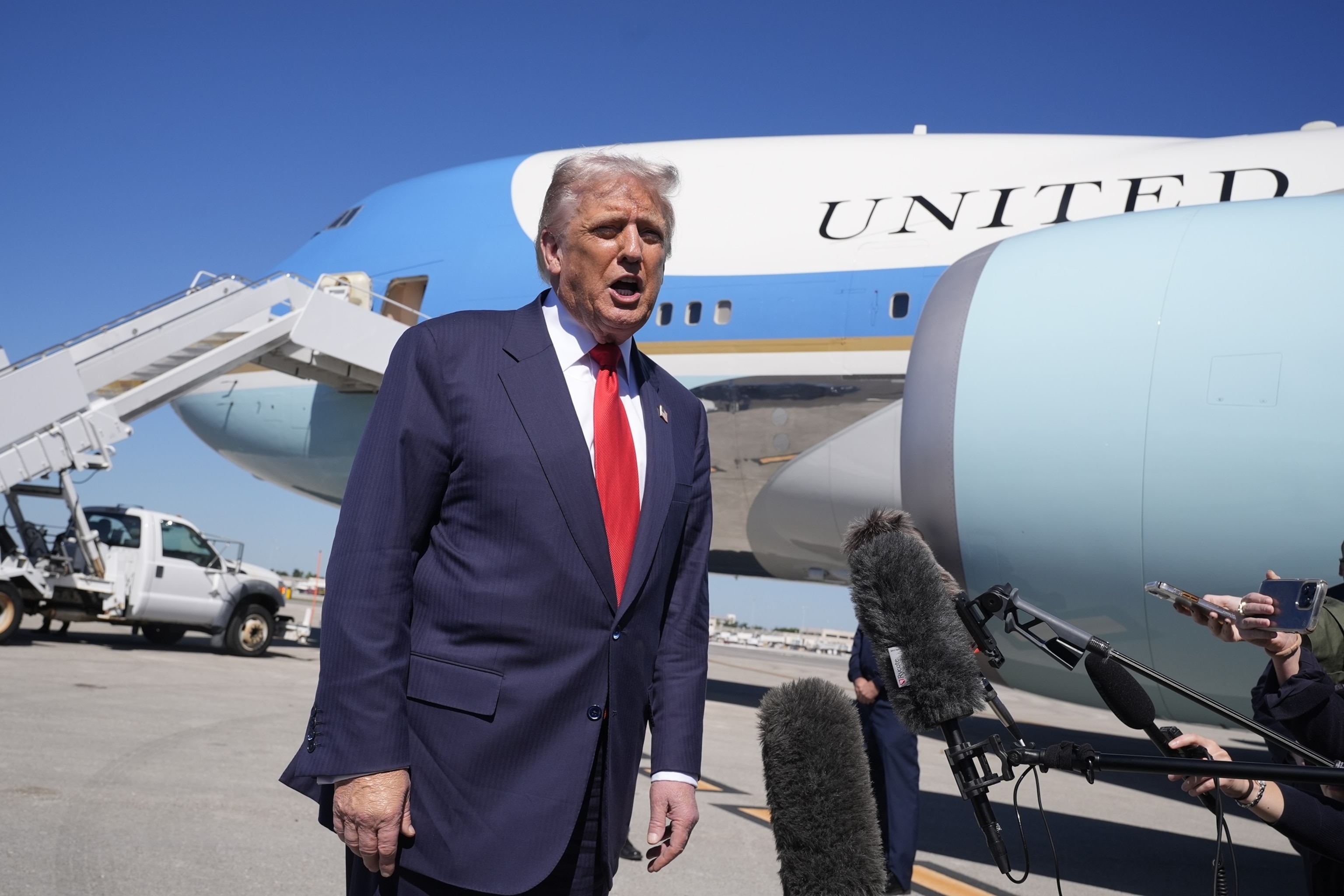
It says the uncertainty triggered by Trump’s approach is prompting businesses to delay capital investments and consumers to hold off purchasing.
“The ruling is going to be fundamental and foundational for the president’s agenda going forward,” said Everett Eissenstat, a lawyer at Squire Patton Boggs and former Trump economic official.
“I guarantee you that law students are going to be reading about this court case for a long time.”
The case could also determine the future of more than $50bn in extra tariff revenue that the US government has collected in 2025, a windfall that has soothed investors nervous about US borrowing levels.
Although the hearing will be held this week, the justices will take at least several weeks to deliberate before issuing a ruling.
Think-tanks lodging legal briefs against the measure include the pro-market Cato and Goldwater institutes. Law professors and former judges have also lined up against Trump’s use of emergency tariff powers, as have serving lawmakers and former officials from both Democrat and Republican administrations.
Only a handful of briefs — fewer than 10 as of late last week — backed the president. Jeanne Shaheen, the top Democrat on the Senate Committee on Foreign Relations, said lawmakers hoped to send a “clear statement” to the court.
“These tariffs are not only increasing costs for American families, but they’re also not doing anything to bring back manufacturing jobs we’ve lost,” she told the Financial Times. While the US constitution gives powers over tariffs and revenue-raising to Congress, it allows the US president to have broad sway over foreign policy decisions.
“Trade agreements are the perfect amalgamation of those two authorities coming together,” said Eissenstat. “It’s a fundamental constitutional question that the country’s been struggling with for 100 or 200 years and more.”
Trump declared the US’s persistent trade deficit a national emergency this year, invoking the International Emergency Economic Powers Act to apply sweeping tariffs on almost all US trading partners.
Two separate lower courts have already ruled that the president does not have the authority to apply tariffs using that statute. The filing by Trump’s lawyers cites a forecast from the independent Congressional Budget Office that the tariffs imposed using emergency powers will reduce the US deficit by $4tn over the next decade.
“To the president, these cases present a stark choice: with tariffs we are a rich nation, without tariffs we are a poorer nation,” they write.
Although the case could undermine the specific legal basis for Trump’s “reciprocal tariffs”, and the levies imposed to retaliate for fentanyl, it would not affect duties applied to sectors including autos and steel.
Foreign officials and diplomats maintain that the Trump administration will seek to use alternative legal measures to impose tariffs if the use of emergency powers is curtailed by the court.
“We know that the president will maintain tariffs regardless of what the court says,” said Kathleen Claussen, a law professor at Georgetown and former US trade official.
“That’s not to say he would ignore the court . . . It’s just to say that he has many other ways to apply tariffs.”
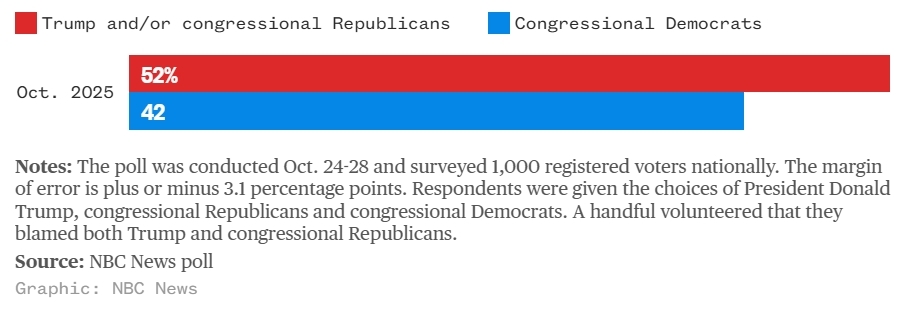
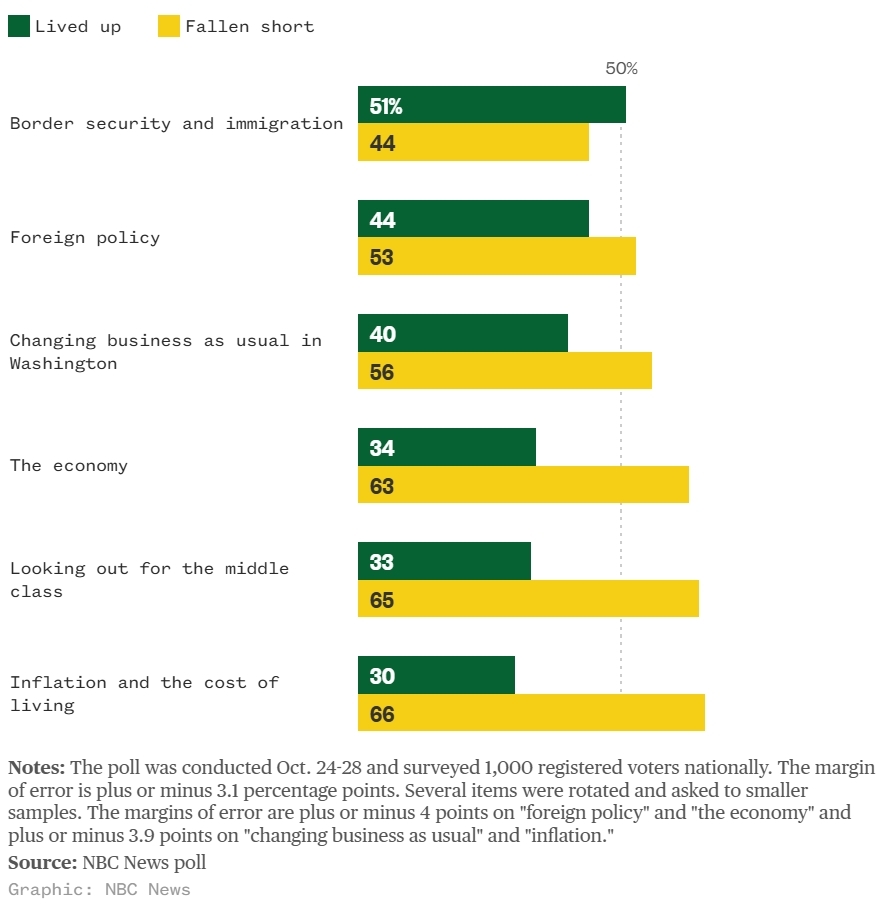
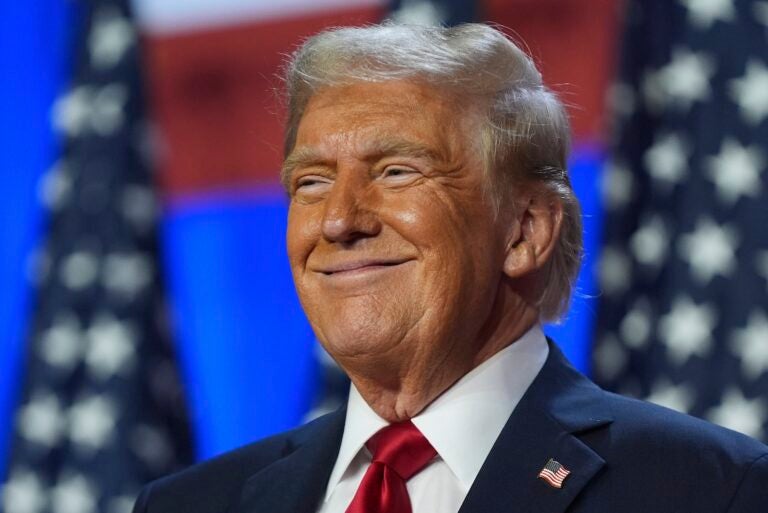


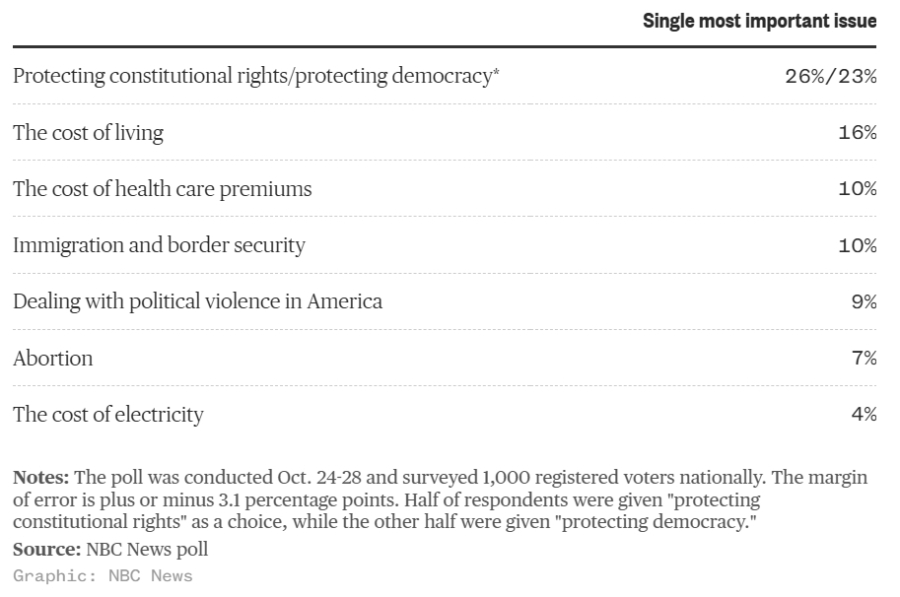








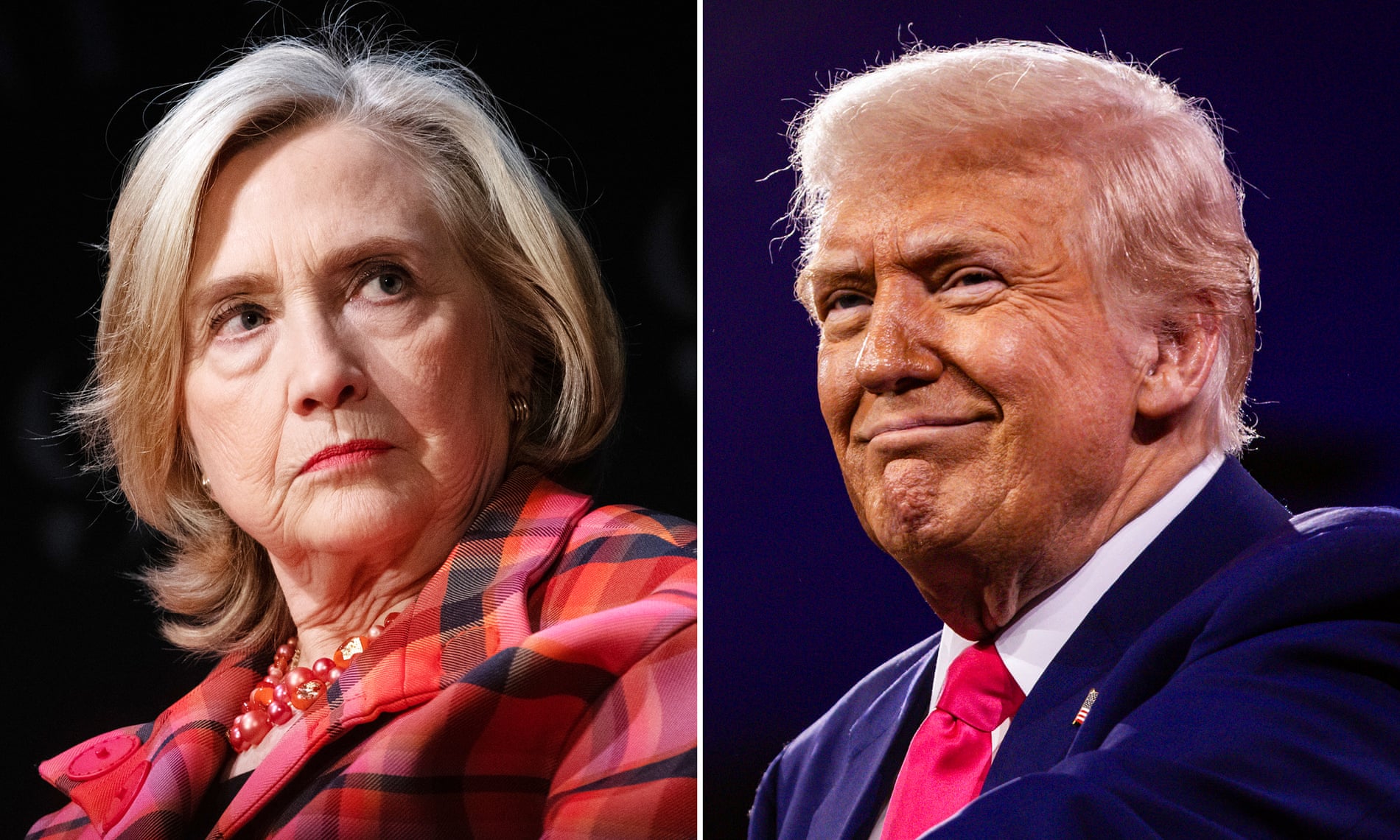


















:max_bytes(150000):strip_icc():focal(754x379:756x381):format(webp)/chow-chow-bowling-green-subway-70ac9e829e20441a978d9f05a1085374.jpg?w=1200&resize=1200,0&ssl=1)
:max_bytes(150000):strip_icc():focal(725x300:727x302):format(webp)/Bridget-Garrison-dogs-tally-karma-01-021926-5f803803830d4771a5d48258b325f341.jpg?w=1200&resize=1200,0&ssl=1)


:max_bytes(150000):strip_icc():focal(749x0:751x2):format(webp)/Dog-missing-in-Colorados-mountains-for-43-days-reunited-with-owner-thanks-to-Summit-Lost-Pet-Rescue-022426-0ebb1d6502764f8eb20d846307727ad0.jpg?w=1200&resize=1200,0&ssl=1)
:max_bytes(150000):strip_icc():focal(743x471:745x473):format(webp)/Abandoned-Dog-at-Airport-022126-d755d65eb323443bade62469ed85c911.jpg?w=1200&resize=1200,0&ssl=1)
:max_bytes(150000):strip_icc():focal(749x0:751x2):format(webp)/rescued-dog-1-030226-b2d2c821a5d74691ba8edd4e8f76508d.jpg?w=1200&resize=1200,0&ssl=1)
:max_bytes(150000):strip_icc():focal(1211x776:1213x778):format(webp)/cats-rescued-22626-91b98a0bd7254a93a6bbf1a223dac5b0.jpg?w=1200&resize=1200,0&ssl=1)
:max_bytes(150000):strip_icc():focal(736x185:738x187):format(webp)/abandoned-puppies-01-021126-de716b3fef81415bb0669b390e8abddd.jpg?w=1200&resize=1200,0&ssl=1)
:max_bytes(150000):strip_icc():focal(749x0:751x2)/Irish-setter-gives-birth-to-record-17-puppies-030326-43c2927d84ed4a59880b16c2c8fdd530.jpg?w=1200&resize=1200,0&ssl=1)





:max_bytes(150000):strip_icc():focal(899x646:901x648)/Tatiana-Schlossberg-Jack-Schlossberg-030126-02-ffbc8841a935444d9a68bdeab3cfe504.jpg?w=1200&resize=1200,0&ssl=1)
